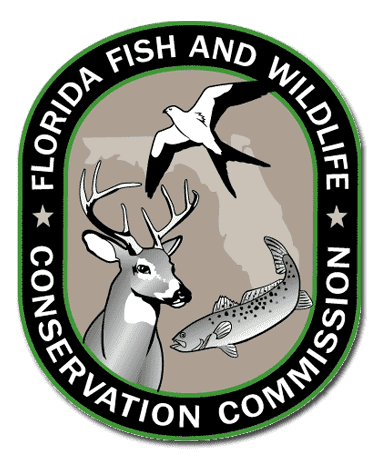December Brings Closure of Florida Snook Season in Atlantic

The recreational harvest of snook will close in all Atlantic waters, including the inland waters of Lake Okeechobee and the Kissimmee River, beginning Dec. 15, with the last day of harvest being Dec. 14. The season will reopen in the Atlantic’s state and federal waters Feb. 1, 2013.
Snook season is currently closed in Gulf of Mexico state and federal waters, and will remain closed through Aug. 31, 2013, to give the fish time to fully rebound from severe cold weather in 2010 that killed many snook.
The extended Gulf harvest closure will help protect snook populations this winter, when they are most vulnerable to cold weather, and give snook added protection during next spring and summer’s spawning months.
Anglers may still catch and release snook during the harvest closure, and the FWC encourages everyone to handle and release these fish carefully to help ensure their survival upon release.
Snook regulations, including a bag limit of one fish per person, per day and a slot limit of no less than 28 inches and no more than 32 inches, apply to snook harvested in both state and federal waters off Florida. No one may possess any snook caught during snook closed seasons.
For more information regarding the management of snook in Florida, visit MyFWC.com/Fishing and click on “Saltwater Fishing,” “Recreational Regulations” and “Snook.”

